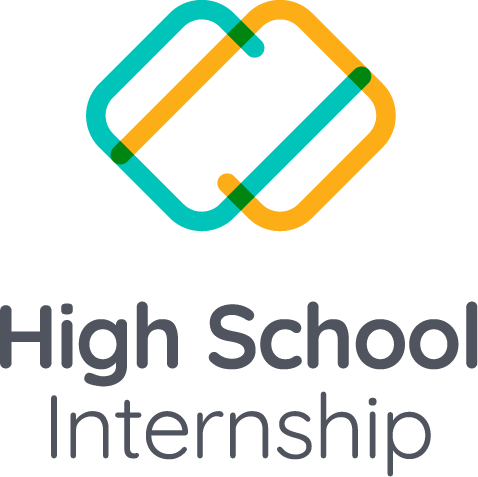Since the onset of the pandemic in 2020, students all over the world have started to develop a keen sense of adaptability when it comes to technology’s impact on their learning but what about now? How are these same students continuing to deepen their educational flexibility and set themselves up for success in their future careers? How will they adapt to new innovations such as ChatGPT? What specific activities or projects can educators incorporate into their curriculum to help students develop adaptability skills?
By addressing these questions, educators can help students develop the adaptability skills they need to navigate a constantly evolving world and succeed in their future careers. Here are a few ways to start answering those questions in your classrooms today:
Personalized Learning
EdTech is great for personalized learning, giving students the freedom to learn at their own pace and style. By adapting to individual needs, preferences, and abilities, this approach fosters self-directed and adaptable learners. So students can build the skills they need to excel in today’s fast-changing world.
Teachers can create a customized learning experience for each student, allowing them to learn in a way that suits their unique learning style. For example, visual learners can watch videos, while auditory learners can listen to lectures or podcasts.
This personalized approach helps students become more self-directed and motivated to learn, as they have greater ownership over their learning experience. By adapting to each student’s individual needs, preferences, and abilities, personalized learning can also help students become more adaptable and resilient learners, able to navigate challenges and solve problems in innovative ways.
Virtual Learning Environments
Virtual learning environments have become increasingly popular and have proven to be a powerful tool for developing student adaptability. In a virtual learning environment, students can experience learning in different settings, contexts, and formats that they may not have access to in a traditional classroom setting. This exposure to diverse learning experiences helps students become more flexible, adaptable, and comfortable with change.
Virtual learning allows for self-paced learning, which can help students develop skills such as time management, self-regulation, and responsibility. They have the opportunity to work at their own pace and adapt their learning experience to suit their individual needs, which can ultimately lead to greater engagement and motivation.
Collaboration Tools
Collaboration tools have become essential in modern education, as they provide a platform for students to work with their peers, share their ideas, and learn from one another. Collaborative learning environments help students develop a range of skills that are crucial for adaptability, including communication, teamwork, problem-solving, and critical thinking. By working collaboratively, students learn to appreciate diverse perspectives, value the contributions of others, and develop a greater sense of empathy towards their peers.
These tools also promote creativity, as students can brainstorm and develop innovative solutions to complex problems. The process of collaboration involves trial and error, experimentation, and feedback, all of which are critical components of adaptability. Through collaboration, students learn to be flexible, adaptable, and comfortable with change.
Project-Based Learning
Project-based learning is an effective approach to develop student adaptability, as it provides an opportunity for students to work on real-world projects that require them to adapt to new situations, challenges, and feedback. Through project-based learning, students can develop a range of skills that are crucial for adaptability, including problem-solving, critical thinking, communication, and creativity. Project-based learning challenges students to think beyond their textbooks and apply their learning in practical contexts.
In a project-based learning environment, students work on projects that are designed to simulate real-world challenges. As they work through these challenges, they encounter unexpected problems, which require them to adapt their approach and come up with creative solutions. This process of trial and error helps students become more resilient and adaptable learners. They learn to embrace challenges, seek feedback, and use their failures as learning opportunities.
Adaptive Assessments
Adaptive assessments are a relatively new and innovative way to develop student adaptability. These assessments use advanced algorithms and data analytics to adjust to the student’s performance, providing them with personalized feedback and opportunities to improve. This approach to assessment provides students with a learning experience that is tailored to their individual needs and abilities, helping them become more adaptable, self-directed, and reflective learners.
Adaptive assessments are designed to challenge students at their own level, providing them with tasks that are neither too easy nor too difficult. This approach promotes self-directed learning, as students are encouraged to set their own learning goals and work towards achieving them. By providing feedback and opportunities for improvement, adaptive assessments help students become more reflective and aware of their own learning process. Students learn to identify their own strengths and weaknesses, set goals, and develop strategies to achieve them.
EdTech is an essential tool in developing student adaptability. Personalized learning, virtual learning environments, collaboration tools, project-based learning, and adaptive assessments are just a few ways EdTech can be used to develop adaptability among students.
By using EdTech to develop adaptability, educators can help students prepare for the challenges of an ever-changing world.
Let’s work together to cultivate a culture of adaptability in our classrooms and empower our students to thrive in the face of change.

